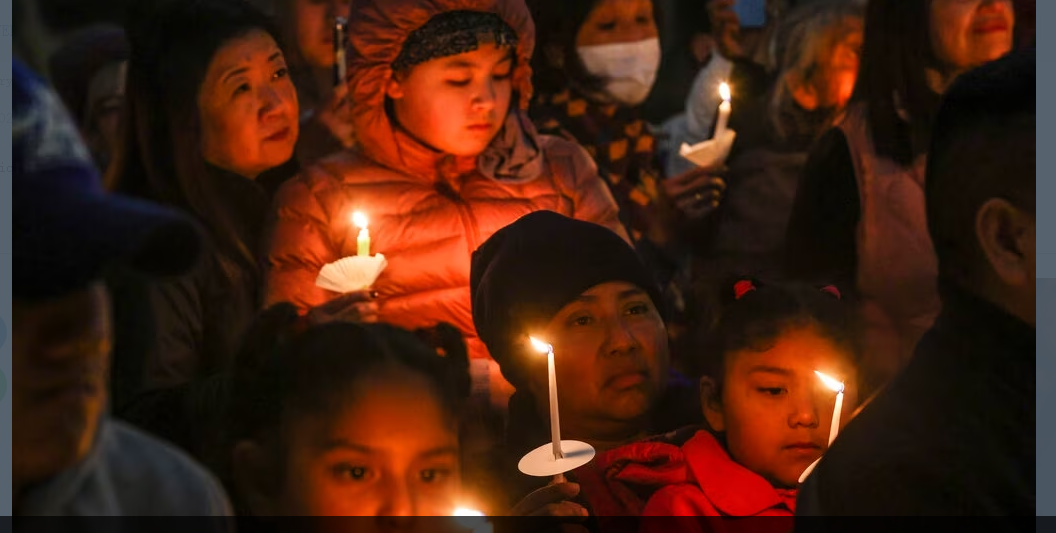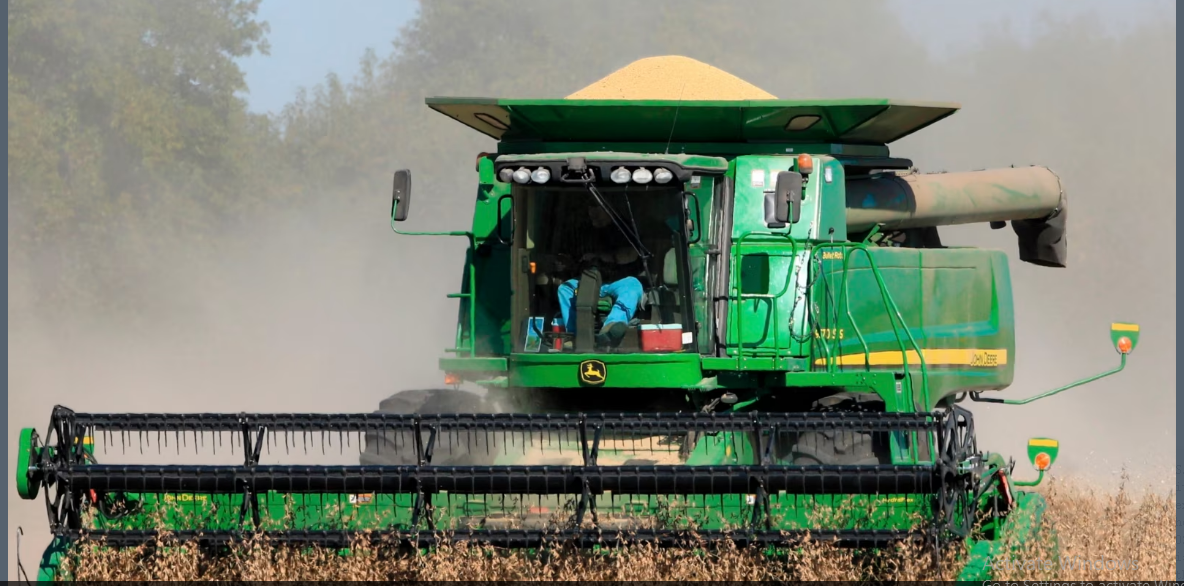North Korea: Residents Tell of Neighbors Starving to Death
North Korea is facing a severe food shortage, with residents reporting that their neighbors are starving to death. The United Nations has warned that around 10 million people in North Korea are at risk of starvation, as the country faces a perfect storm of natural disasters, international sanctions, and a dysfunctional economy. The North Korean government has denied the reports of starvation, but many residents say that they fear for their lives and the lives of their families.
Natural Disasters
North Korea has been hit hard by a series of natural disasters, including floods, droughts, and typhoons. These disasters have destroyed crops, homes, and infrastructure, leaving many people without food, shelter, or clean water. The United Nations estimates that over 40% of the population in North Korea is undernourished, and that children are particularly vulnerable to malnutrition.
International Sanctions
North Korea is also facing international sanctions over its nuclear weapons program, which have severely limited the country’s ability to trade with the outside world. The sanctions have cut off North Korea’s access to fuel, food, and other essential goods, making it even harder for the country to feed its population. The North Korean government has blamed the sanctions for the food shortage, saying that they are an act of aggression by the West.
Dysfunctional Economy
North Korea’s economy is also dysfunctional, with a shortage of foreign currency, a lack of investment, and a reliance on outdated technology. The country’s agricultural sector is particularly weak, with farmers using primitive methods and lacking access to modern equipment and technology. The government has tried to reform the economy in recent years, but these efforts have been hampered by corruption, bureaucracy, and a lack of political will.
Residents’ Accounts of Starvation
Residents in North Korea have told the BBC that their neighbors are starving to death, despite the government’s denials. One resident, who wished to remain anonymous, said that people in her village were dying due to a lack of food and medicine. She said that she had seen children with swollen bellies and adults who were too weak to work.
Another resident, who also wished to remain anonymous, said that the situation was getting worse every day. She said that the government was not providing enough food, and that people were resorting to eating grass and tree bark to survive. She also said that many people were too weak to leave their homes, and that they were dying alone and unnoticed.itarian Aid
The international community has called on North Korea to allow humanitarian aid into the country to help alleviate the food crisis. However, the government has been reluctant to allow outside assistance, citing concerns over sovereignty and national security. In 2019, the North Korean government rejected an offer of 50,000 tons of rice from South Korea, saying that it did not trust the intentions of the South Korean government.
The United Nations has also been trying to provide aid to North Korea, but its efforts have been hampered by the government’s restrictions on access and movement. In 2020, the UN appealed for $274 million in aid for North Korea, but only 33% of the requested amount was funded.
The Way Forward
The situation in North Korea is dire, and urgent action is needed to prevent a humanitarian catastrophe. The North Korean government must take responsibility for the welfare of its people, and allow humanitarian aid to reach those who need it most. The international community must also step up its efforts to provide aid and support to the people of North Korea.
However, the long-term solution to the food crisis in North Korea lies in reforming the country’s economy and agricultural sector. The government must invest in modern technology and infrastructure, and allow farmers to use more efficient methods. It must also create a more favorable environment for foreign investment and trade, and reduce corruption and bureaucracy.
Conclusion
North Korea is facing a severe food shortage, with residents reporting that their neighbors are starving to death. The country is facing a perfect storm of natural disasters, international sanctions, and a dysfunctional economy. Urgent action is needed to prevent a humanitarian catastrophe, and the North Korean government must take responsibility for the welfare of its people. The international community must also step up its efforts to provide aid and support to the people of North Korea.






xi Jinping sees ‘progress’ in China-US ties - News Nation Wise